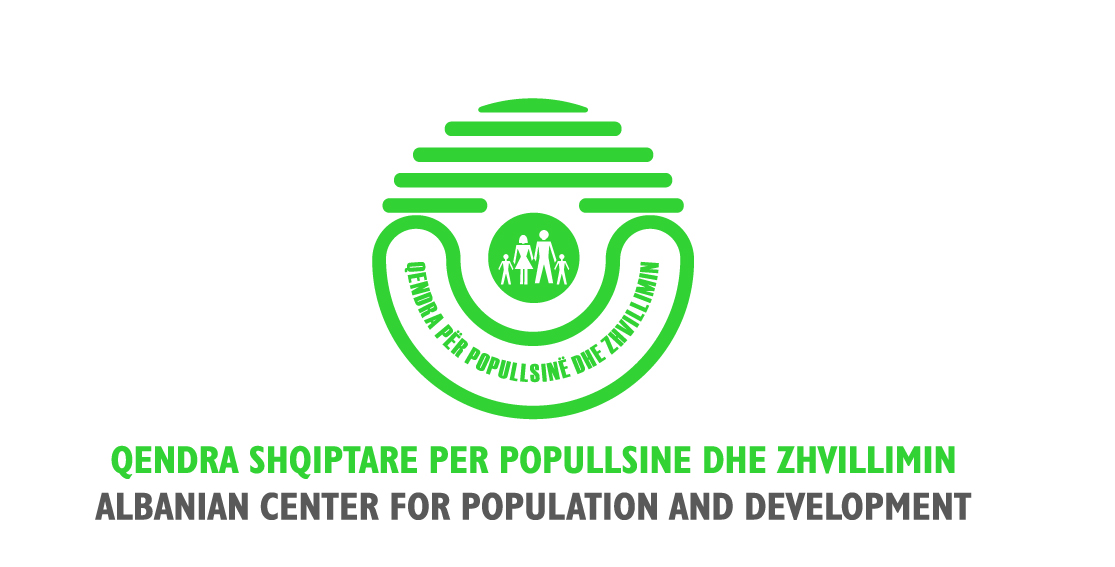

| 31 March 2016
Albanian Center for Population and Development
The Albanian Center for Population and Development runs family planning clinics in Tirana and Lezha, and has branches in 6 districts of the country. The organization trains health personnel in reproductive health, post-delivery contraception and safe abortion techniques. FPAA also trains pharmacists and sex educators, and runs information, education and communication (IEC) programmes and activities in conjunction what the Albanian Foundation for Civil Society. The IEC work focuses on sensitising the general public to family planning issues and techniques. There’s also a strong strand devoted to educating young people. FPAA has significant influence with government officials and policy makers working in the sexual and reproductive health (SRH) sector, and has played a major role in drafting the country’s reproductive health legislation. The association also allies itself closely with women’s non-governmental organizations (NGOs) advocating for the delivery of improved services.

| 31 March 2016
Family Planning Association of Nepal
Established in 1959, the Family Planning Association of Nepal (FPAN) first joined IPPF in 1960 and become a full Member Association in 1969. When it was established, the idea of family planning was considered inimical to religious, cultural and social norms. With the institution of a government Maternal and Child Health Division in 1969, FPAN began to supplement and complement the national health and population programmes. Target populations include injecting drug users (IDUs), lesbian, gay, bi-sexual, trans-sexual and intersex (LGBTI) individuals, people living with HIV (PLHIV), survivors of gender-based violence (GBV) and trafficked returnees and refugees. FPAN serves these populations through an extensive network of 2,750 service points, comprising 127 static clinics, 116 mobile facilities, 184 associated clinics, 543 other agencies, and over 2,000 community-based distributors/services (CBDs/CBSs). Key areas of emphasis include adolescents' sexual and reproductive health, HIV and AIDS prevention and treatment, safe abortion, advocacy for sexual and reproductive health and rights (SRHR), the prevention of gender-based violence (GBV) and support for its victims, and the promotion of access to sexual and reproductive health (SRH) information and services to marginalized and under-served groups. With the dedicated backing of 450 full-time professional staff, 1000 community counsellors, 4000 peer educators and 11,000 grassroots volunteers, FPAN has the capacity to mobilize on a large scale, and with the support of over 20 governmental departments, non-governmental organizations (NGOs) and foundations, it has a secure funding base to maintain and expand its comprehensive programme of activities. Contacts Website: www.fpan.org







